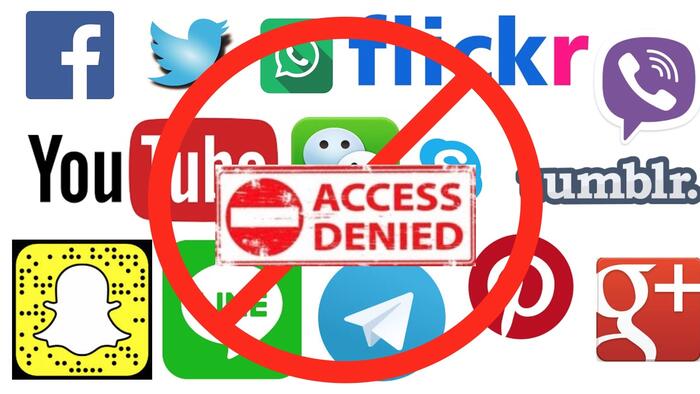Australia is taking a significant step towards protecting its youth by implementing a ban on social media use for children and teenagers under the age of 16. This legislation, which is set to come into force in late 2025, encompasses major social media platforms such as Instagram, X (formerly known as Twitter), and TikTok. The primary aim of this measure is to combat what the government describes as the “social harm” that these platforms can inflict on young Australians. Companies that fail to comply with the regulations will face substantial financial penalties, with fines reaching up to A$49.6 million (approximately $32.5 million). This law reflects a growing concern about the impact social media has on mental health and well-being among children and adolescents.
The passage of this law has garnered considerable support from the general public, with surveys indicating a majority backing for the initiative. However, the implementation of a blanket ban has not been without controversy. Various child rights organizations have voiced their concerns, arguing that such restrictions may deprive young individuals of access to important support networks and resources, particularly those belonging to marginalized communities, such as migrant and LGBTQIA+ youth. Critics caution that this approach could inadvertently steer children toward less regulated corners of the internet, where they might encounter greater risks or harmful content.
At a broader level, Australia’s new legislation stands out as the strictest of its kind on a national scale. This move comes amidst a global conversation about how to effectively regulate technology and social media, particularly given the rapid pace of change in this sector. Policymakers in other countries are also grappling with similar challenges, seeking to balance the benefits of social media with its potential dangers. The relative novelty of these issues makes it crucial for countries to learn from one another’s experiences as they navigate this complex landscape.
Public sentiment surrounding social media usage by minors extends beyond Australia. Data derived from an Ipsos survey conducted earlier this year illuminates that the sentiment for banning social media for children is not unique to Australia. Among the 30 countries surveyed, two-thirds of respondents expressed support for a total ban on social media for children and young teens. In France, support for such a ban was even higher, with 80% of adults agreeing that children under 14 should not have access to social media within or outside school settings. Conversely, in Germany, only 40% of respondents favored a ban, indicating a divergence in attitudes among European countries.
The differing opinions on social media restrictions often correlate with generational perspectives. For instance, among younger generations like Gen Z, only 36% expressed a desire to ban smartphones in schools, contrasting sharply with older generations. Specifically, 66% of Baby Boomers, 58% of Gen X, and 53% of Millennials showed support for such bans. This generational divide highlights the varying levels of comfort and familiarity with technology, as well as differing views on its role in education and childcare.
As policymakers and society at large continue to adapt to the challenges posed by technology, these conversations are essential. The debate surrounding Australia’s social media ban exemplifies a broader conflict about the rights and protections afforded to children in a digital age. As the law takes effect, it will undoubtedly serve as a reference point for other nations deliberating similar measures, sparking discussions about child welfare, online safety, and the balance between restriction and freedom in the digital realm. Ultimately, the challenge remains to cultivate a technology landscape that prioritizes the well-being of young users while acknowledging the potential benefits of social media connectivity.

